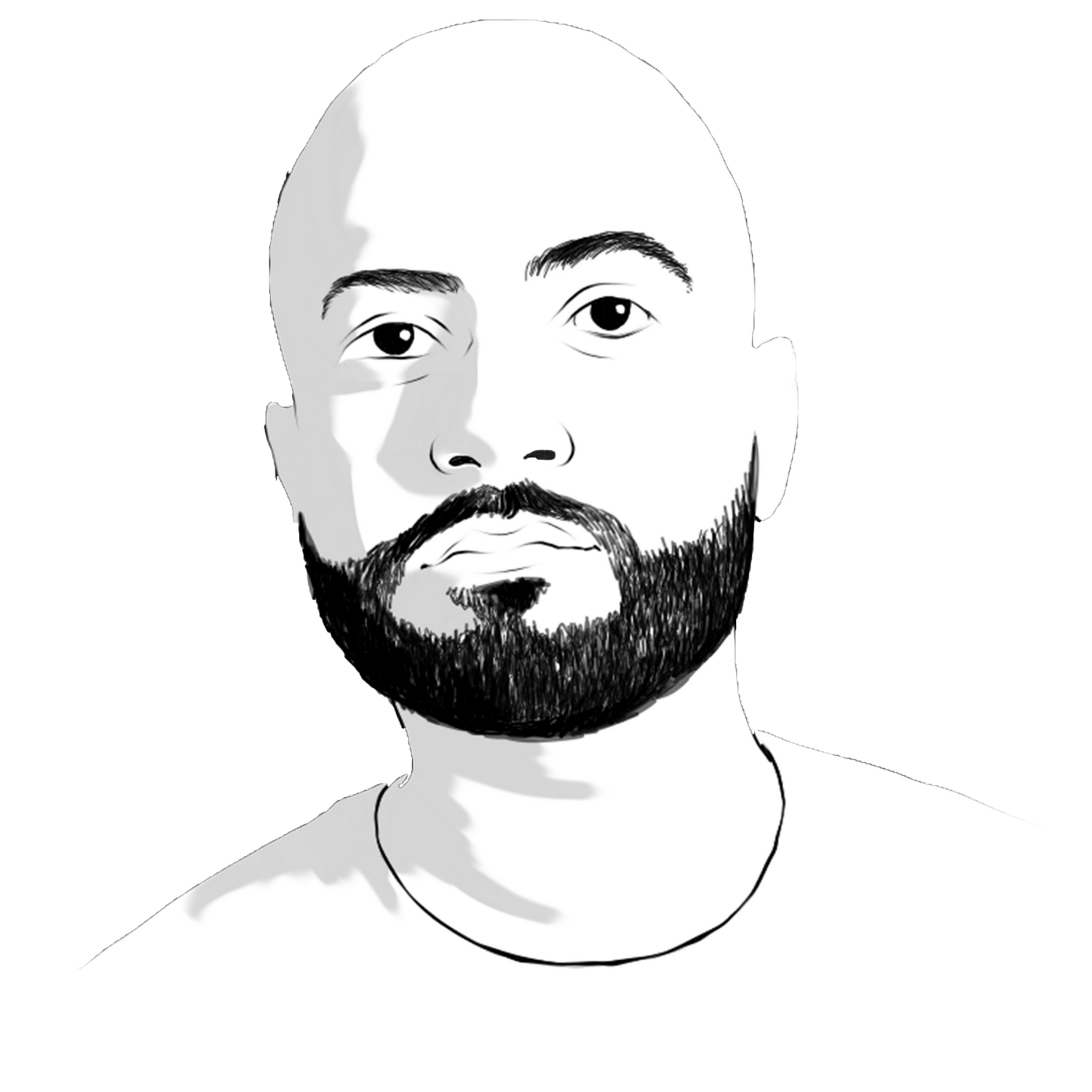The economics of scarcity: decision making when facing scarcity
I recently discussed the economics of getting rich and the value of compound growth. If you haven't watched it, you can find the video at the end of this post.
A good friend of mine and economist, Julien Picault, reached out after watching the video to discuss a different view. Mainly why the advice I, and many others give and present as simple financial and economic concepts, is actually very hard to follow. These “simple” rules neglect behavioral economics and the economics of decision making under scarcity.
We often point out how people are making sub-optimal financial behaviors without fully understanding the decisions and trade-offs they face.
First of all thanks to Julien for reaching out and encouraging this episode. Let us talk about decision making under uncertainty and why financial advice isn't really that easy to follow.
The point of this episode is that optimal decision-making varies across the wealth distribution. What is “wise” at the top of the wealth distribution might actually be suboptimal at the lower end of the wealth distribution. Traditional economics neglects this variation. That's why we need to be less critical of the decisions made in poverty. What we consider to be “sub-optimal” might be the best decision for several reasons
First, The need to survive.
In the example I gave in my “How to get rich quick video” a person had two options. To choose between receiving 50K a day for 30 days, or receive a penny that doubles in price each day for 30 days. Mathematically and economically, the penny is the wiser choice if...and only if your needs are met.
As Julien pointed out, when facing poverty, the choice to pass on the guaranteed money early for more consumption in the future is actually suboptimal. Having the patience to wait for the money to grow is in fact a privilege that is afforded to you because you are making the decision without sacrificing survival .
Having the patience to wait for the money to grow is in fact a privilege that is afforded to you because you are making the decision without sacrificing survival .
In economics this patience is called time-preferences or discount rate. It's a measure of how much you are willing to give up consuming today for the potential of consuming more tomorrow. For me to give up consuming today and save for the future, the interest that I receive has to be high enough to justify the sacrifice I am making.
When facing scarcity, the need to consume today to survive is high, and therefore one would only pass up that option if the return was high enough to justify the sacrifice.
When we evaluate the “sub-optimal” decisions some might make, we need to consider the resources available to them when making the decisions.
As a person that works in financial literacy education, policymakers often suggest that by providing people with better financial education will help them make “better decisions”. To economists that I admire, Sandy Darity and Darrick Hamilton, have been critical of this solution to poverty reduction through information, because information is not the problem here, it is the lack of resources available that is the problem. My personal view is it is a combination of both.
Katy Milkman on Judgment errors
One of my favorite podcasts is Choicolology by Katy Milkman. Katy has a recent book that I cant wait to read called “how to change: the science of getting from where you are to where you want to be”. Ill link to the book below.
If you are interested in the science of making choices, her podcast is amazing.I love the episode titled Not Quite Enough:
Where they discuss the behavioral science of making decisions when facing scarcity. The show starts off with an example from the gaming world. Specifically, how game designer Howard Warshaw designed one of the worst video games due to having to make decisions with tight time constraints.
The show points out that when facing scarcity, whether it is time or any other resources, you are more prone to make judgment errors.
Sendhil Mullainathan has a book called Scarcity: Why Having Too Little Means So Much. It is also a good read if you are interested in this area.
This figure from a recent paper titled “Poverty and economic decision making: a review of scarcity theory” provides a good foundation of how to think of decision making under scarcity in personal finance.
The privilege of having resources allows for clear decision making. Facing poverty and financial insecurity can lead to a reduction in focus, or too much cognitive load and therefore reduced mental bandwidth, which leads to suboptimal economic behaviors, which then causes the cycle to continue.
From a policy standpoint this implies that one path out of poverty is to provide people with resources so that they can make better economic decisions and to break the cycle. This would be an argument for social programs, and or Universal Basic Income.
For me personally, as a person and advocate for financial literacy education as a way to make better decisions; I believe it is important to know the basic concepts so that when you have the resources, you can make the best decisions for you. And if you find others telling you that you are making suboptimal decisions, ask yourself if you are making these decisions from a position of scarcity.




